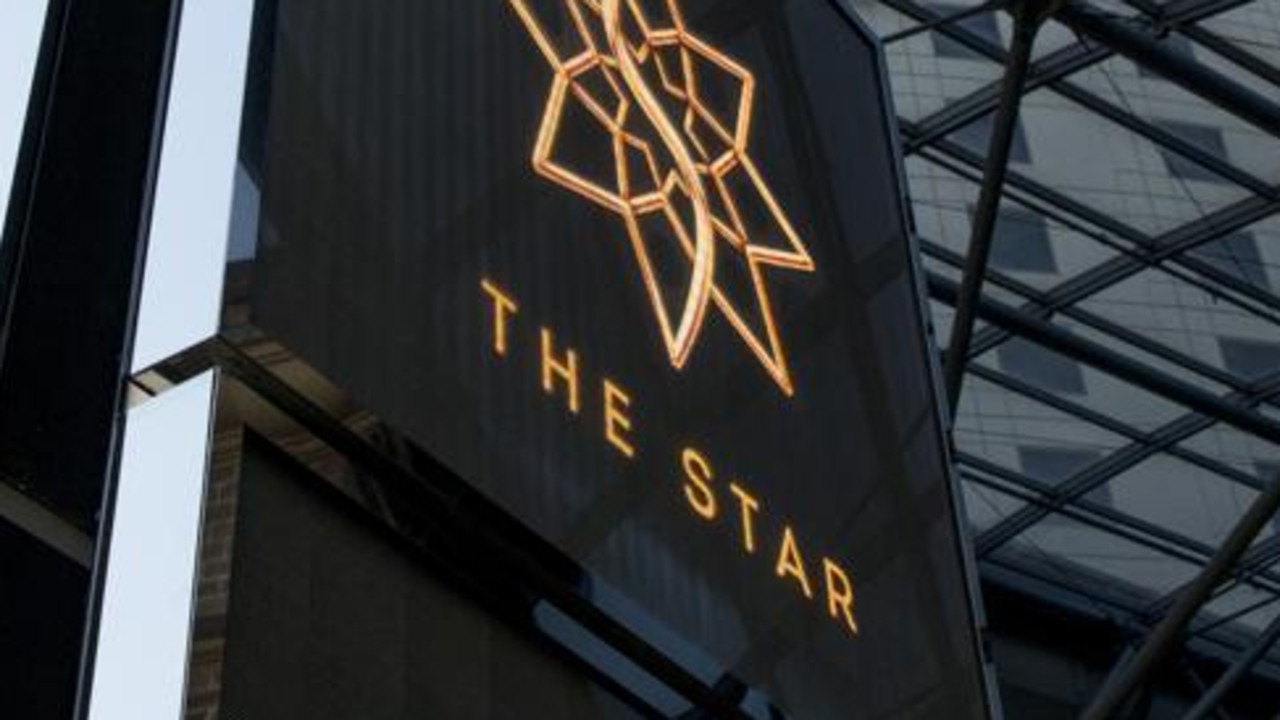Australian law firms dumping billable hours and diversity programs, research shows
The days of law firms charging clients for billable hours are gone, according to research that also shows some are shying away from diversity programs. Is it the Trump effect?

The days of Australian law firms insisting on charging clients for billable hours are gone, according to research that also indicates some of the nation’s biggest legal outfits are shying away from diversity programs.
Global ratings agency Best Lawyers revealed the trend towards fixed billing and retainers in its inaugural Australian legal market report.
In response to a financial crunch and pushback from clients who want pricing transparency, 91 per cent of law firms now use fixed fees, followed by 71 per cent that use capped fees, while 58 per cent say they offer discounts for large numbers of billable hours and 51 per cent say they charge per event or task.
“The days of relying on the billable hours model are numbered, with new approaches offering clients greater transparency and predictability and enabling firms to clearly articulate their value while mitigating delayed payment and client bill shock,” Best Lawyers vice-president of research Elizabeth Petit said.

The report, based on responses from 162 law firms, also noted that the challenging economy may have resulted in firms needing to prioritise resources away from diversity, equity and inclusion programs, Ms Petit said.
This also comes in the wake of Donald Trump’s return to the White House, with the signing of an executive order promising to terminate all diversity, equity and inclusion offices, positions and programs across the US federal government one of the US President’s first acts in office this year.
He has also targeted law firms promoting DEI programs.
It has been reported that several firms struck deals with Mr Trump to avoid executive orders that could punish them, by agreeing to rid their recruitment initiatives of DEI.
The Best Lawyers research has indicated some Australian firms are now also moving away from DEI programs. The report noted that “despite international pressure in some countries for government and corporate sectors to downgrade DEI initiatives, Australia’s law firms – on the surface, at least – seem to support the notion of DEI in Australia”, but “the picture is blurry”.
While 57 per cent of the law firms surveyed said “my firm actively makes diversity a part of its recruiting program”, only 6 per cent reported having a full-time diversity professional or DEI officer. As well, 57 per cent said “my firm’s management has made diversity a key principle”, but when asked to respond to a question about which, if any, diversity-related positions, committees or programs their firm had, 39 per cent said they would prefer not to answer.
The report also noted “when asked to rank attributes of a law firm that might be considered more important than others, ‘diversity of partners and staff’ came in sixth and last in order of importance”.
Legal expertise and technical excellence were ranked the most important, followed by responsive and reliable service, according to the report.
“Our report also highlights a visible shift in how and where firms are investing their resources in a challenging economy, with DEI and sustainability seeing less engagement despite remaining part of the values framework,” Ms Petit said.
As firms appear to shy away from diversity programs, the research also reported that while women dominate lower-level and lower-paid jobs, including graduates and lawyers, the equity and salaried partner positions are dominated by men.
The research reported 87 per cent of paralegal positions were filled by women, 63 per cent of graduate and lawyer or associate positions were filled by women and 20 per cent of special counsel and senior associate positions were filled by women.
But 58 per cent of salaried or fixed draw partner positions were filled by men, while 69 per cent of equity partner positions were filled by men.
The data raised “important questions about the status of diversity”, the report said.
“Unlike in the United States, for instance, which has large black and Latino populations, the diversity debate in Australia typically focuses on gender representations in the business sector, not race, including within law firms.”
Despite their clients facing financial headwinds, firms with more than 20 lawyers earn an average of $70.6m in revenue. Firms with fewer than 20 lawyers reported an average revenue of about $4m.
As well, firms with more than 20 lawyers reported the median number of active clients they have is 525, while the average is 3131. The report said median figures were a better guide on this because some “mega global firms with massive client bases” responded to the survey, which could have distorted the averages.




To join the conversation, please log in. Don't have an account? Register
Join the conversation, you are commenting as Logout